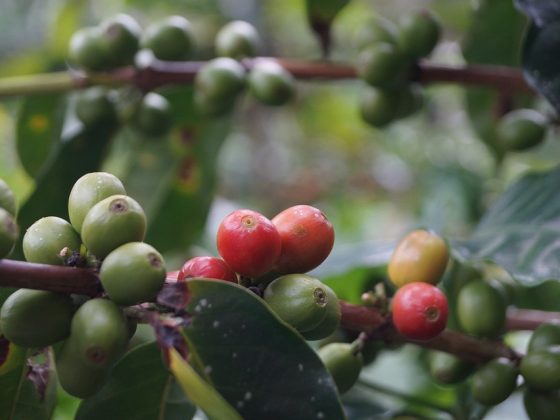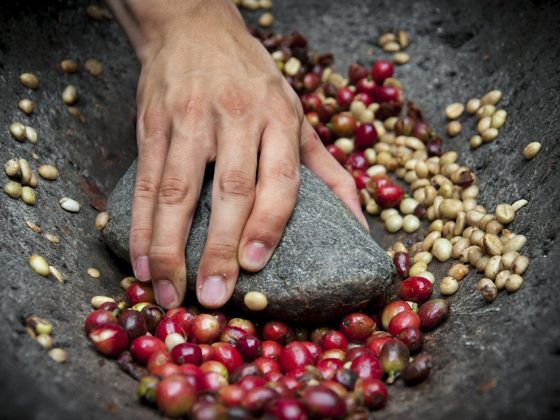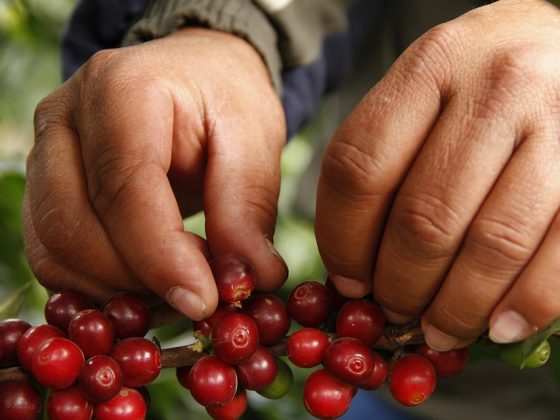end.
Coffee is one of the most popular beverages in the world, with millions of people consuming it daily. However, many coffee drinkers may not be aware of the socio-economic and environmental impact of their daily cup of joe. Fair trade coffee beans have been gaining popularity in recent years, as consumers become more conscious of the importance of supporting farmers and promoting sustainability in the coffee industry.
Fair trade coffee beans are sourced from farmers who adhere to specific social, economic, and environmental standards. These standards ensure that coffee farmers receive fair compensation for their labor, work in safe conditions, and practice sustainable farming methods that minimize harm to the environment. By choosing fair trade coffee beans, consumers can make a positive impact on the lives of coffee farmers and contribute to a more sustainable coffee industry.
Supporting Farmers
One of the key reasons why fair trade coffee beans matter is because they support small-scale coffee farmers in developing countries. Many coffee farmers in countries such as Ethiopia, Colombia, and Guatemala rely on coffee production as their main source of income. However, due to the volatility of the coffee market, many farmers struggle to make a decent living from their coffee crops.
Fair trade certification guarantees that coffee farmers receive a fair price for their coffee beans, which allows them to invest in their farms, improve their living standards, and provide for their families. Fair trade also promotes equal opportunities for women and marginalized communities within the coffee industry, empowering them to participate in decision-making processes and benefit from the profits of coffee production.
By choosing fair trade coffee beans, consumers can directly support the livelihoods of coffee farmers and help to create a more equitable coffee supply chain. This support allows farmers to access resources and opportunities that may not have been available to them otherwise, such as education, healthcare, and improved infrastructure in their communities.
Sustainability
In addition to supporting farmers, fair trade coffee beans also promote sustainability in the coffee industry. Many coffee farms use unsustainable practices such as deforestation, chemical fertilizers, and excessive water usage, which can have negative impacts on the environment and local ecosystems.
Fair trade certification requires coffee farmers to adhere to strict environmental standards, such as maintaining biodiversity, conserving water resources, and reducing their carbon footprint. By practicing sustainable farming methods, fair trade coffee farmers can protect the environment, preserve natural habitats, and mitigate the effects of climate change.
Consumers who choose fair trade coffee beans are supporting environmentally responsible coffee production and helping to protect the planet for future generations. By investing in sustainable farming practices, fair trade coffee farmers can maintain the health of their land and ensure the long-term viability of their coffee crops.
FAQs
Q: How can I tell if a coffee brand sells fair trade coffee beans?
A: Look for the fair trade certification logo on the packaging of the coffee beans. This logo guarantees that the coffee beans were sourced from fair trade certified farms and meet strict social, economic, and environmental standards.
Q: Are fair trade coffee beans more expensive than regular coffee beans?
A: Fair trade coffee beans may be slightly more expensive than regular coffee beans due to the fair prices paid to farmers and the additional costs of certification. However, many consumers are willing to pay a premium for fair trade coffee in order to support farmers and promote sustainability in the coffee industry.
Q: Where can I buy fair trade coffee beans?
A: Fair trade coffee beans are available at many grocery stores, coffee shops, and online retailers. Look for the fair trade certification logo on the packaging to ensure that you are purchasing ethically sourced coffee beans.
In conclusion, fair trade coffee beans matter because they support farmers, promote sustainability, and empower consumers to make a positive impact on the coffee industry. By choosing fair trade coffee beans, consumers can help to create a more equitable and environmentally responsible coffee supply chain that benefits farmers, consumers, and the planet. So next time you reach for a cup of coffee, consider choosing fair trade coffee beans and make a difference in the lives of coffee farmers and the future of coffee production.











